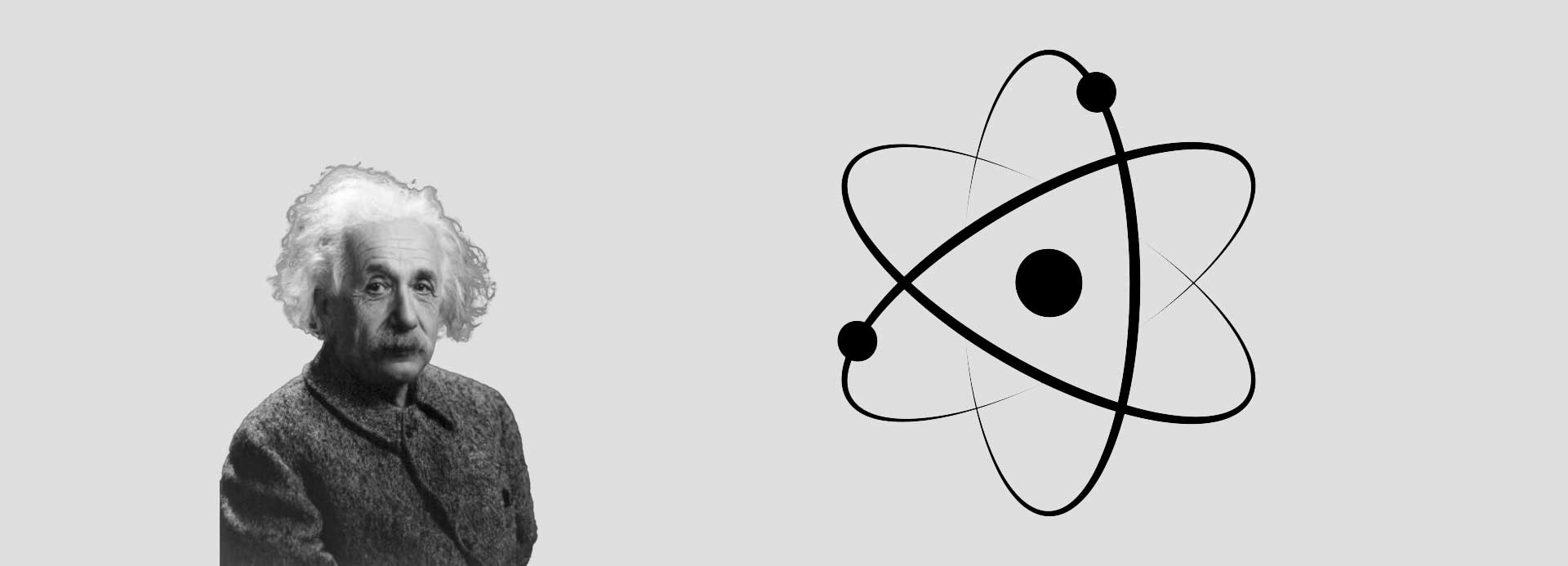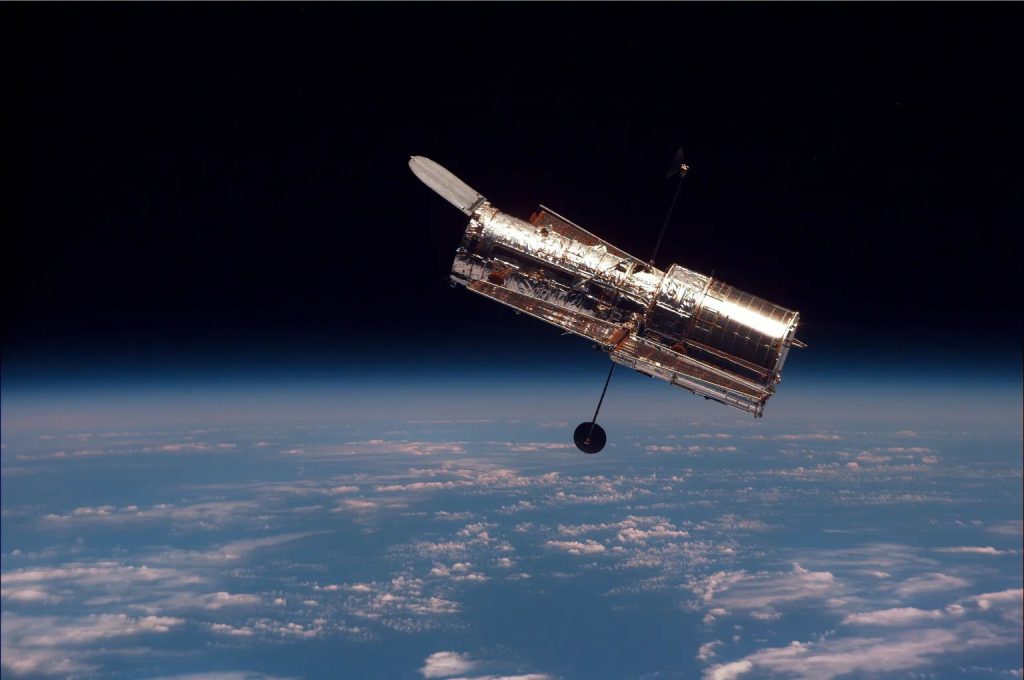

This Infographic reveals whether you earn more than Albert Einstein, Marie Curie, or Isaac Newton, salaries of Famous Scientists ? being a scientist, even one of the greatest of all time, didn’t necessarily mean making a fortune.
Have you ever wondered how much the greatest scientists in history actually earned for their groundbreaking work? I mean, we talk about Albert Einstein, Marie Curie, and Isaac Newton as legends who completely changed the way we understand the universe—but were they rolling in wealth, or were they just scraping by while making their discoveries?
I came across this fascinating infographic that breaks down the salaries of famous scientists and converts them into today’s money. And let me tell you, some of the numbers were pretty surprising!
When we think of people like Albert Einstein, we imagine someone whose intellect was beyond compare. The guy literally rewrote physics! So, how much was he making back in the day? Well, in 1933, when he started at Princeton University, his salary was $10,000.
Adjusted for inflation, that’s about $173,000 today. Now, that’s a decent paycheck, sure—but when you compare it to the salaries of top lawyers or CEOs today, it doesn’t seem like nearly enough for someone who developed the theory of relativity and changed the course of science forever.
Apparently, Einstein even negotiated his salary higher than what was initially offered, so he knew his worth. Respect.
But not all scientists were as well-compensated. Take Isaac Newton, for example. The man who formulated the laws of motion and gravity was making just £100 per year in 1669. In today’s money, that’s about $14,600 annually—basically peanuts. Can you imagine being one of the most brilliant minds in history and making less than a minimum-wage worker today? It’s wild to think about.
Of course, Newton went on to have a pretty prestigious career, even becoming the Master of the Royal Mint, but his early earnings weren’t exactly impressive.
Then we have Marie Curie, an absolute legend who discovered polonium and radium, paving the way for modern radiation therapy. In 1904, her salary was just $10,424 (adjusted for today’s money).
By 1906, it had increased to $46,709, which was still relatively modest considering her contributions to science. And let’s not forget—she was a woman in a time when female scientists weren’t exactly welcomed with open arms. Despite all the obstacles, she still became the first woman to win a Nobel Prize (and the first person ever to win two in different sciences). If anyone deserved a six-figure salary, it was her.
Speaking of underpaid scientists, let’s talk about Rosalind Franklin. If you don’t know her name, you should—she played a crucial role in discovering the structure of DNA, yet she was overshadowed by Watson and Crick, who got most of the credit. Her salary?
A mere $1,080 at the time, which translates to about $36,078 today. It’s heartbreaking to think that someone whose work literally shaped modern genetics wasn’t given the recognition or financial compensation she deserved during her lifetime.
The salary discrepancies in science weren’t just about gender, though. Even among men, the pay gaps were pretty significant. Galileo Galilei, the father of modern astronomy, was making the equivalent of $141,155 in the early 1600s.
Meanwhile, Michael Faraday—who discovered electromagnetic induction, which is basically why we have electricity—was earning what would be about $27,429 today. How does that even make sense? I get that different times and different institutions had varying pay scales, but still, it’s crazy to see how unevenly these scientific pioneers were compensated.
And then there’s Caroline Herschel, the first woman to be paid as a professional astronomer. She discovered eight comets and made massive contributions to space science, but her salary was just £50 a year in 1796—which comes out to $7,199 in today’s money.
Compare that to Galileo’s salary, and you can see just how undervalued women in science were. It makes you wonder how much progress was lost simply because brilliant female scientists weren’t given the same opportunities as their male counterparts.
Now, let’s talk about Edwin Hubble. If you’ve ever looked at pictures from the Hubble Space Telescope, you know just how much he influenced modern astronomy. Yet in 1919, his salary was only $2,500, which is about $20,559 today. I don’t know about you, but that seems ridiculously low for someone who literally helped us understand that the universe is expanding.
 NASA: Hubble Space Telescope[/caption]
NASA: Hubble Space Telescope[/caption]
Even Alexander Fleming, who discovered penicillin—the antibiotic that has saved millions of lives—wasn’t making as much as you’d expect. In 1924, his salary was worth $92,888 in today’s money, and by 1936, it had increased to $143,978. That’s a decent salary, sure, but when you consider how many lives penicillin has saved, it still feels like he deserved more.
One thing I noticed when looking at these numbers is how inconsistent they are. Some scientists made six-figure salaries in today’s money, while others were barely making enough to live comfortably. Of course, these salary estimates are from different points in their careers, so it’s not a perfect comparison.
Einstein was already famous when he joined Princeton, while Newton was still young when he received his first salary.
Plus, simply adjusting for inflation doesn’t tell the whole story—economic conditions, funding availability, and even social status played a huge role in determining how much these scientists earned.
Takeaway
But even with all those caveats, the takeaway is clear: being a scientist, even one of the greatest of all time, didn’t necessarily mean making a fortune. These people dedicated their lives to pushing the boundaries of human knowledge, often without the financial rewards that their contributions truly deserved.
At the end of the day, science has never really been about the money. The people on this list pursued knowledge and discovery because they were passionate about it, not because they were looking to get rich. But still, wouldn’t it be nice if the people who literally shaped our world were paid accordingly? Just something to think about.
The infographic ‘Salaries of Famous Scientists’ below by Adzuna reveals it all.


![Formula 1’s Highest-Paid Drivers 2024 [Infographic] hero-image-Formula1-Highest-Paid-Drivers-2024](https://www.skillzme.com/wp-content/uploads/2024/12/hero-image-Formula1-Highest-Paid-Drivers-2024-200x200.jpg)
![The Next Characters to Enter the Public Domain [Infographic] The Next Characters to Enter the Public Domain [Infographic]](https://www.skillzme.com/wp-content/uploads/2025/02/hero-image-Enter-Public-Domain-200x200.jpg)
![Albert Einstein: The Father of Solar Cells [Infographic] The Father of Solar Cells](https://www.skillzme.com/wp-content/uploads/2025/02/hero-image-The-Father-of-Solar-Cells-200x200.jpg)


Recent Comments